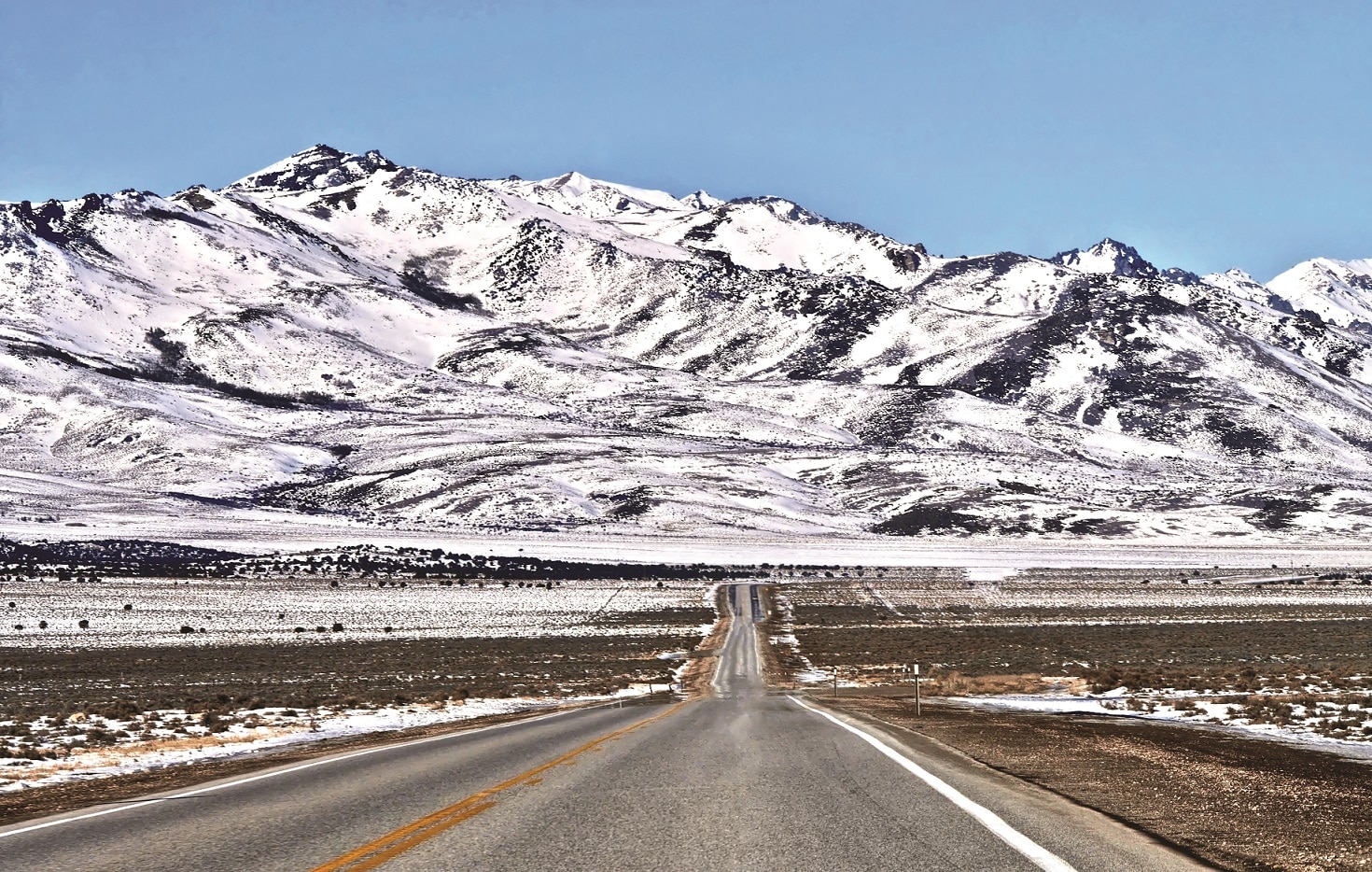Prepare for adventure with a good night’s sleep
Traveling the highways and byways of the western United States can be an enjoyable experience, but it can also be hazardous. If you are planning a road trip this winter to see friends and family for the holidays or to get away for a little quiet time alone, ensure your trip is memorable for the right reasons. From the Pacific surf to the snow of the Rockies and everything in between, winter weather for J-Tech II employees and their families spans a range of climates. Ensure your vehicle is ready for the roads you will travel.
In addition to preparing your automobile for a road trip, it is important to prepare both yourself and your traveling companions. Well-rested and alert drivers may be the most important item on your pre-departure checklist. Sleepiness and fatigue can slow driver reaction times, decrease awareness and impair judgment, especially during inclement weather. Although lack of sleep is the most common reason for drowsy driving, other contributors include:
- Alcohol – Even when consumption is within the legal limit, wine, beer or other hard liquors can make you feel drowsy or lethargic.
- Prescription and over-the-counter medication – Many medications list drowsiness as a side effect, so know how your current medications affect you before getting behind the wheel.
- Driving overnight – Traveling in the late hours of the night (midnight to 6 a.m.) when you are typically sleeping can be difficult even if you are well-rested.
- Driving in late afternoon – At this time of day there is a natural dip in the circadian rhythm, the body’s internal clock that regulates sleep.
According to the National Safety Council, the following are a few indicators that the person behind the wheel is too tired to drive:
- Frequent yawning or difficulty keeping their eyes open
- “Nodding off” or having trouble keeping their head up
- Inability to remember driving the last few miles
- Missing road signs or turns
- Difficulty maintaining vehicle speed
- Drifting out of their lane
There is no substitute for sleep. Energy drinks and coffee might help you feel more alert, but the effects of caffeine only last a short time period. If you start to get sleepy while you are driving, ask a fellow passenger to take over at the wheel. If you are driving alone, consider pulling over to a safe place, such as a lighted, designated rest stop for a short 20-minute nap. A nap is not as good as eight hours, but it will increase your alertness and can help you get to a location that where you can get the full rest that you need.
At the end of the day, a drowsy driver is an impaired driver. Make sure you get plenty of rest before starting your next highway adventure and making happy memories. Remember: You and your passengers are precious cargo. ////

